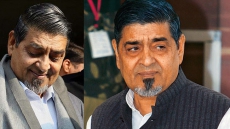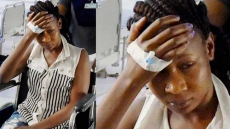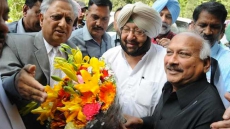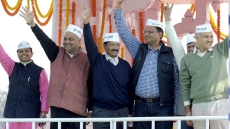As many as 1,170 primary schools in Punjab are running with single teacher and 572 upper primary schools with less than three teachers, according to the CAG report tabled in the State Assembly here today.
A performance audit of the implementation of Sarva Shiksha Abhiyan (SSA) for the period 2011-16 by the CAG brought out lack of planning and deficiencies in both financial management and execution of the programme which "undermined" its objectives, the report says.
Discrepancies were also found in the distribution of uniforms and books with excess expenditure of Rs. 14.76 crore on their purchase, Principal Accountant General (Audit), Punjab, Jagbans Singh, later told reporters while giving details of the report.
"As per the RTE Act, there should be at least two teachers in a primary school and three teachers in an upper primary school. Audit observed that out of 13,251 primary schools in the State, 1,170 primary schools were running with single teacher and 572 upper primary schools out of 6,711 were running with less than three teachers during 2014-15," the CAG report says.
It also mentions that SSA funds were released short by Rs. 1,362.76 crore during 2011-16.
The government of Punjab also did not release the central share of Rs. 48.48 crore during 2014-16, the report points out. Further, the report said, the deployment of resource teachers was not related to the number of children with special needs.
"No norms were fixed by the state for deployment of resource teachers. No resource teacher was appointed in the state in cases of multiple disabilities, cerebral palsy, learning disability and autism spectrum disabilities resulting in deprival of resource support to 18,214 children suffering from these disabilities," it said. Only one set of uniform was provided against required two sets of uniforms to the students during the years 2011-16, the report said.
The audit also observed that the department had not identified/collected any data of eligible children belonging to weaker sections and disadvantaged groups as required under the RTE Act.
Further, while 12,30,940 children were admitted in Class I during 2012-16 in the schools, in the absence of data on eligible children, the admissions of 25 per cent children belonging to weaker sections and disadvantaged groups as required under the RTE Act could not be verified in audit, the report says.





